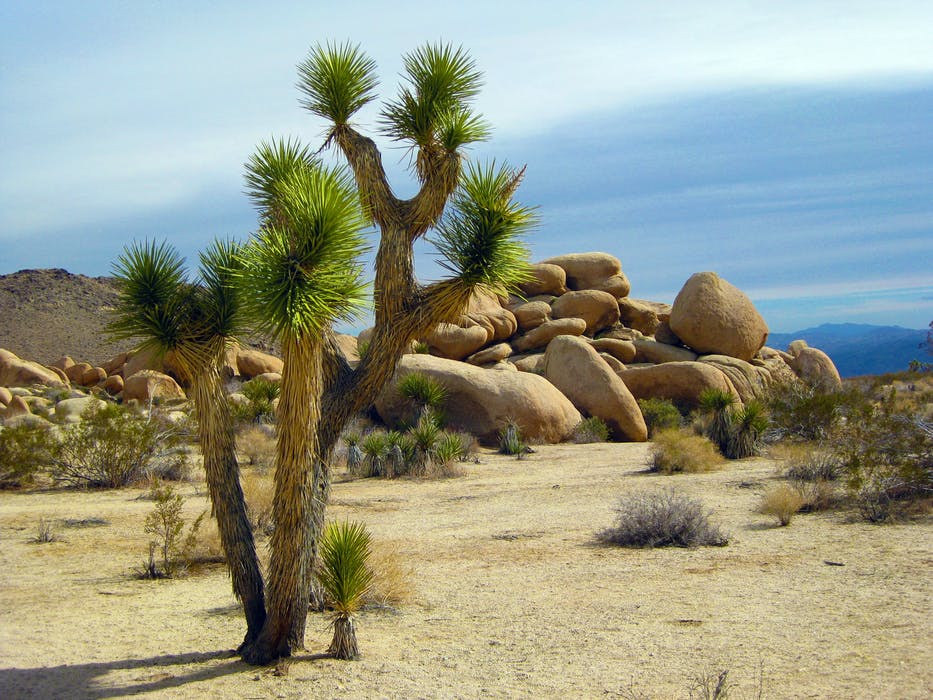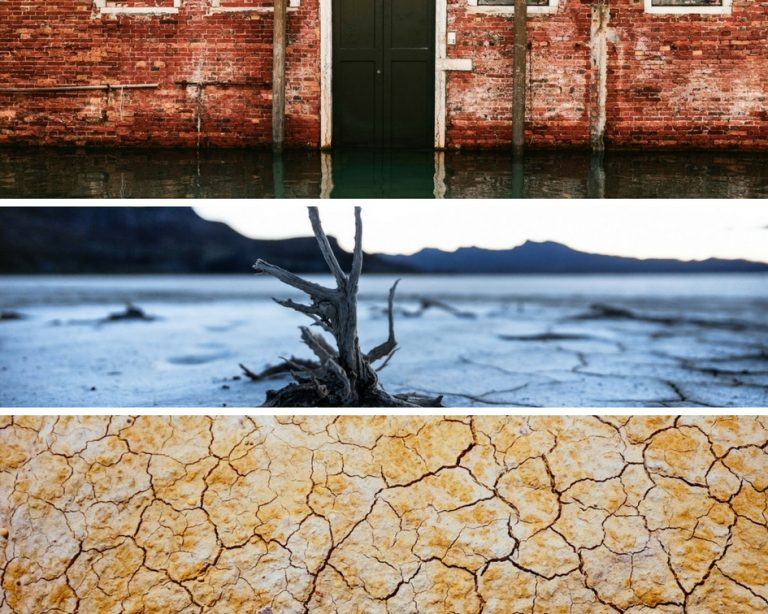
There’s a tendency for many people to dismiss the direct effect of climate change on our actual lives, especially when it comes to it public health implications. To many people, climate change will affect only the Polar Regions, melting a glacier here and there. What’s more, these changes will occur in the future, not now. So why worry?
Wildfires in Montana
Let’s begins with Montana. While residents always had to deal with wildfire season, the season is now longer – by up to two months – and the fires more devastating.
As a result, asthma and lung disease patients cannot stay outdoors for long when the wildfires rage. Worse still, on account of the smoke, they must use more medication, suffer more flare-ups, and be hospitalized more.
Heat Waves in Florida
Florida is another state directly affected by climate change. Here, stifling temperatures are an endless source of suffering for asthma as well as lung and mental illness patients. In the heat, their conditions worsen.
But their problems don’t end there. Rising sea levels are bringing sewer-laden water to people’s doorsteps. And with the water comes mosquitoes, and with mosquitoes, communicable diseases, such as the Zika fever. If you want to learn more about how a public health degree can make a real difference, visit this website.
Allergies in Virginia
The rising temperatures cause a different problem in Virginia – allergies. Common during the spring, allergies have never been a problem to residents. That is, until now. And a longer, warmer spring season is to blame, all thanks to climate change.
Lyme Disease in Pennsylvania
In the woodlands of Pennsylvania, climate change has caused a recent eruption of Lyme disease, a contagious disease that few residents have ever heard of. What shocks them is not to hear it’s a rare illness but what spreads it – ticks.
Yes, because of the warmer weather, these parasites now thrive in the woods, latching onto any passing animal or person. As a result, parents are pulling ticks off their pets as well as their kids in hot months.
Affected Groups
Who’ll be most affected by the public health issues related to climate change? Although we’ll all be affected, the most vulnerable groups are low-income earners, pensioners, and expectant women. For the first two groups have no money with which to buy medication or to foot higher energy bills during hotter months. The last group, on the other hand, have lower immunity and, thus, easily contract illnesses like Lyme disease.
Medical Advocacy Groups are taking a Stand
Doctors across the country have formed advocacy groups to promote public awareness and influence health policies. For instance, in Florida, concerned physicians have formed the Florida Clinicians on Climate Action association. Likewise, physicians from across the country have formed the Medical Society Consortium on Climate and Health to address climate change concerns.
Conclusion
The rising cases of wildfires, heat waves, allergies, and diseases are having a direct effect on public health and these will need to be addressed soon. The voices of doctors forming medical advocacy groups to address these issues are starting to be heard, but whether it will lead to direct policy changes remains to be seen.





Leave a Comment